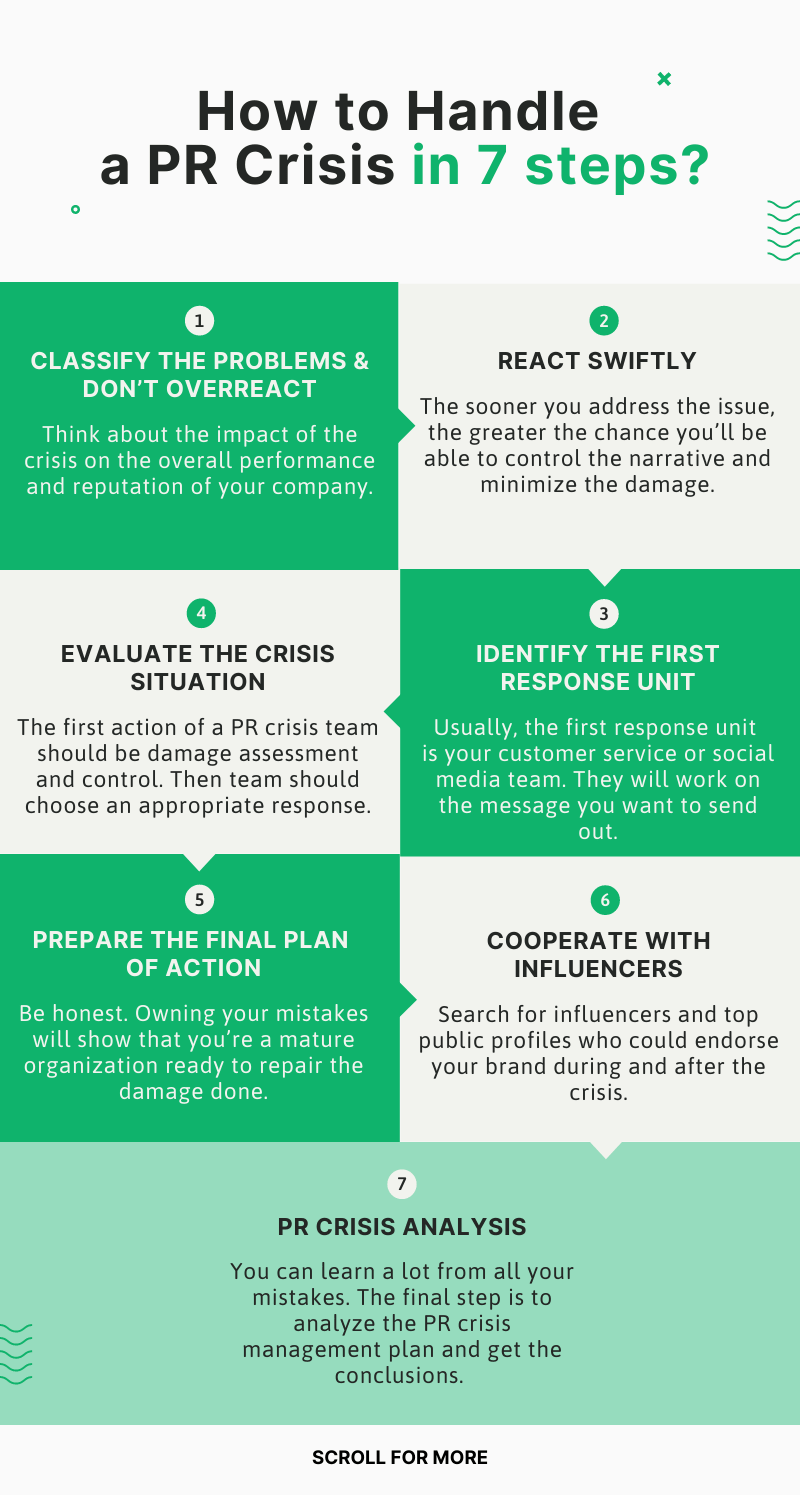Mastering the Art of Crisis Management
In the fast-paced world of marketing, crises are bound to happen. Whether it’s a PR nightmare, a social media backlash, or a product recall, how you handle these crises can make or break your brand. That’s why mastering the art of crisis management is essential for any marketing strategy.
First and foremost, it’s important to have a crisis management plan in place before a crisis even occurs. This plan should outline who is responsible for what, how information will be communicated internally and externally, and what steps will be taken to resolve the crisis. By having a plan in place, you can respond quickly and effectively when a crisis does arise.
One key aspect of crisis management is communication. Keeping all stakeholders informed and updated throughout the crisis is crucial. This includes employees, customers, investors, and the media. Transparency is key during a crisis, so be honest about what has happened and what steps you are taking to address the issue.
Another important aspect of crisis management is staying calm and collected. It can be easy to panic when a crisis hits, but it’s important to remain level-headed and focused on finding a solution. Take the time to gather all the facts and assess the situation before making any decisions.

Image Source: brand24.com
In addition to communication and staying calm, it’s also important to learn from the crisis. Take the time to evaluate what went wrong, why it happened, and what could have been done differently. Use this information to update your crisis management plan and make improvements to your processes.
One great way to prepare for a crisis is to conduct regular crisis simulations. These simulations can help you practice your crisis management plan, identify any gaps or weaknesses, and ensure that your team is prepared to handle a crisis when it arises. By practicing ahead of time, you can better navigate a real crisis when it occurs.
Overall, mastering the art of crisis management is essential for any marketing strategy. By having a plan in place, communicating effectively, staying calm, and learning from the crisis, you can navigate even the toughest of situations and come out stronger on the other side. So don’t wait until a crisis hits – start preparing now and ensure that your brand is ready for anything that comes its way.
Navigating Crises: Essential Tips for Your Marketing Strategy
Stay Ahead with Strategic Marketing Tactics
In today’s fast-paced and ever-changing business landscape, it is essential for companies to stay ahead of the competition by implementing strategic marketing tactics. This is especially crucial during times of crisis, when consumer behavior and market dynamics can shift rapidly. To ensure the long-term success and sustainability of your business, it is important to be proactive and creative in your approach to marketing.
One key tip for navigating crises with your marketing strategy is to stay agile and adaptable. This means being able to quickly pivot and adjust your tactics in response to changing market conditions. By staying nimble, you can take advantage of new opportunities and mitigate potential risks that may arise during a crisis. This requires staying informed about the latest trends and developments in your industry, as well as monitoring the competition closely.
Another important aspect of strategic marketing during a crisis is to focus on building and maintaining strong relationships with your customers. This can involve reaching out to them through targeted messaging, offering special promotions or discounts, and providing exceptional customer service. By demonstrating your commitment to your customers during challenging times, you can build trust and loyalty that will pay off in the long run.
Furthermore, it is crucial to leverage data and analytics to inform your marketing strategy during a crisis. By tracking key metrics such as website traffic, conversion rates, and customer engagement, you can gain valuable insights into how your marketing efforts are performing and make data-driven decisions to optimize your campaigns. This can help you identify areas of strength and weakness in your marketing strategy, as well as uncover new opportunities for growth.
Additionally, it is important to stay innovative and creative in your marketing approach during a crisis. This can involve thinking outside the box and experimenting with new ideas and strategies to stand out from the competition. Whether it’s launching a new product or service, revamping your brand messaging, or partnering with influencers or other businesses, being bold and creative can help you capture the attention of consumers and drive engagement.
In conclusion, staying ahead with strategic marketing tactics is essential for navigating crises and ensuring the success of your business in the long run. By staying agile, building strong relationships with customers, leveraging data and analytics, and staying innovative and creative, you can position your business for growth and success even during challenging times. By following these essential tips, you can stay ahead of the competition and emerge stronger from any crisis that comes your way.
Tips for Effective Crisis Management in Your Marketing Strategy